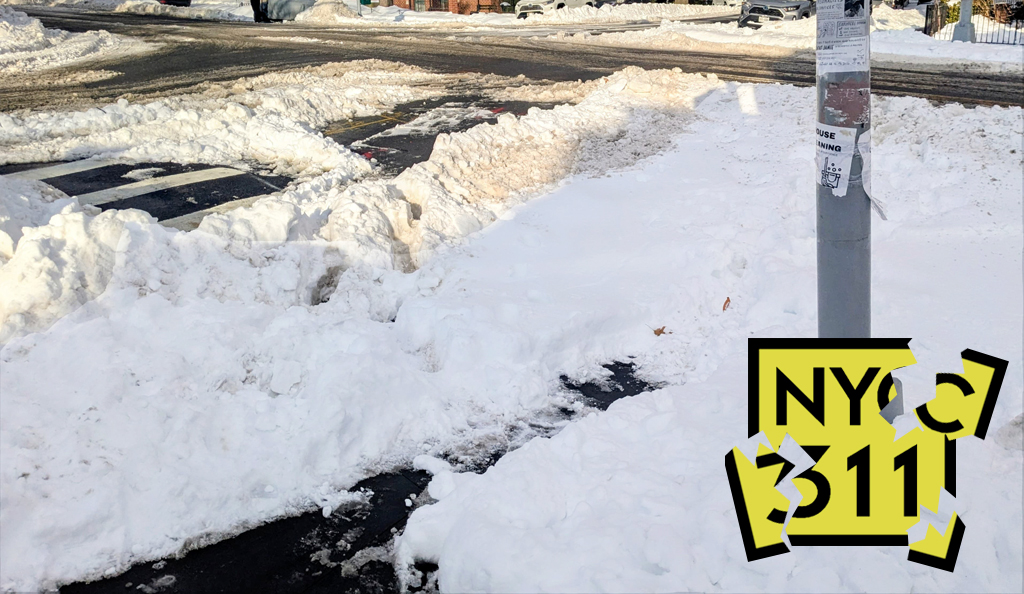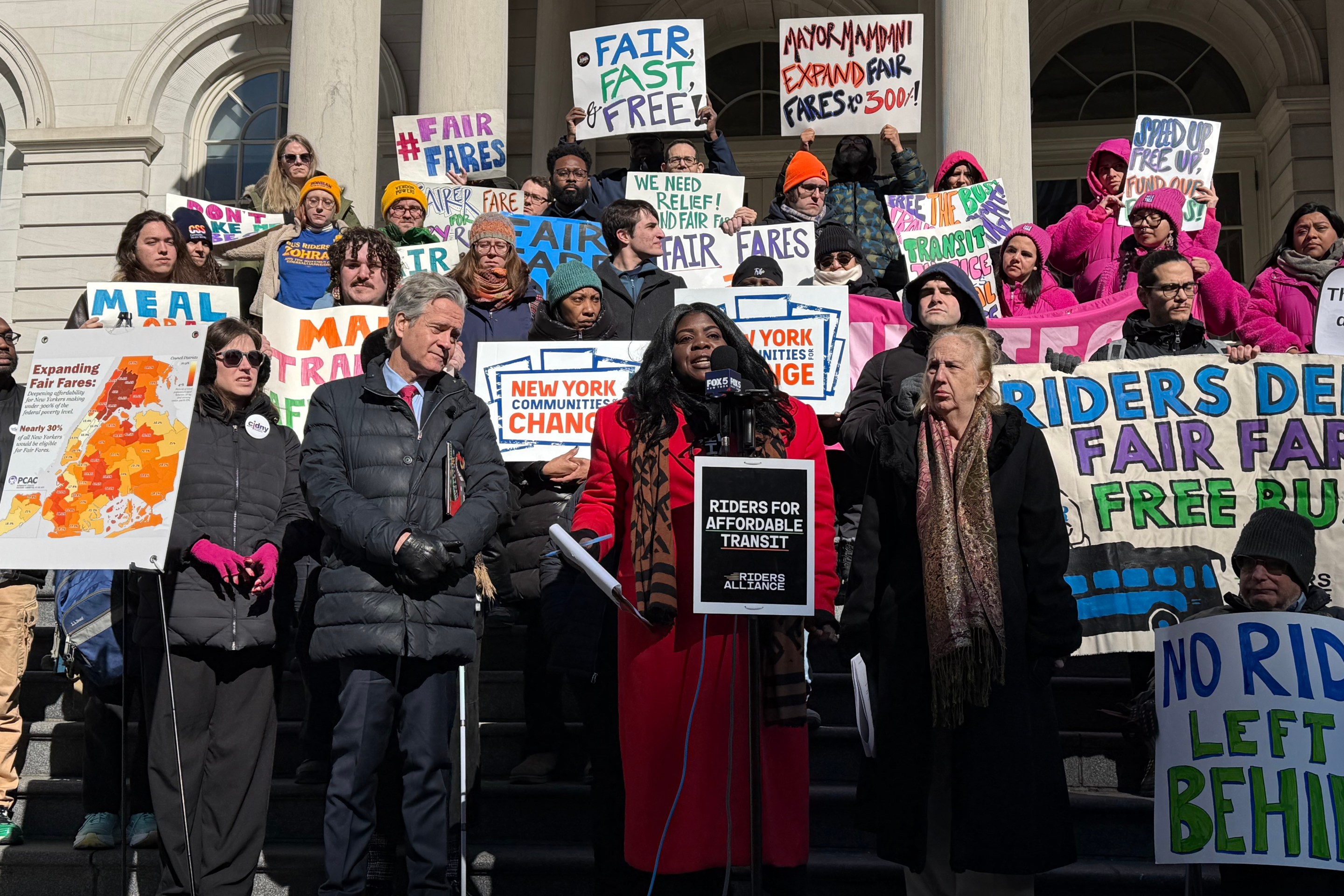The argument that sprawl is the natural product of market forces and consumer preferences is ringing a little more hollow with each passing day.
While charlatans like Wendell Cox use overly simplistic analyses of Census results to argue that the urban renaissance is a figment of our collective imagination, the underlying trends tell a different story, says Kaid Benfield at the Natural Resources Defense Council's Switchboard blog.
Many of the assumptions that underpinned the sprawl bonanza of the last 50 years are just no longer true: The past three years have shredded the logic of building communities as if we have an inexhaustible supply of petroleum, or the notion that homeownership is the most direct path to the American dream.
Benfield argues that demand for sprawling development still exists, but in a diminished capacity that represents a new American dynamic:
The projected growth in housing demand is going to come largely if not entirely from young people who are much more comfortable with urban lifestyles than their parents, and from retiring baby boomers who no longer have large families living at home that need large amounts of house and yard space. Both groups value easy, walkable access to amenities at least as much as, if not more than, the benefits of a subdivision lifestyle based on driving significant distances and caring for lawns. We will still have continuing demand for large-lot suburbia, but the portion of the housing market that will seek it will be much smaller than it once was. In the 1960s families with kids comprised half or more of American households; that portion is down to a third and projected to shrink further to only a quarter.
As for the argument that population figures don't support the renewed interest in urban places, Benfield says:
These aggregate numbers mask some very important facts, including that, in between, say, 1960 and 2000, many central cities were in severe decline, due to “white flight” and all sorts of perceived urban problems. But for some tragic exceptions like Detroit, that decline now has either slowed dramatically or reversed. In DC, for example, the central city is growing again after 50 years of decline and ironically, a new concern of some is that “white flight” is now to the city, not away from it. New York, Philadelphia, Indianapolis, Houston, Austin and San Antonio also grew. This is where the change is.
Benfield goes on to note that the better indicator of the popularity of cities verses suburbs may be home prices, rather than population growth, and that shows much more robust demand for urban places. The real question isn't what was the trend over the last decade, but what dynamic will dominate in the future. From that perspective, the current trends are a clear departure from our picket-fences-into-oblivion past.
Elsewhere on the Network today: Walkable Dallas-Fort Worth asks whether it's time for Texas to get serious about urban freeway demolitions. Urban Adonia disputes the notion that driving a car is the "grownup" thing to do. And California Streets argues in support of a new law that would allow residents of South Pasadena to oppose the 710 freeway expansion.






